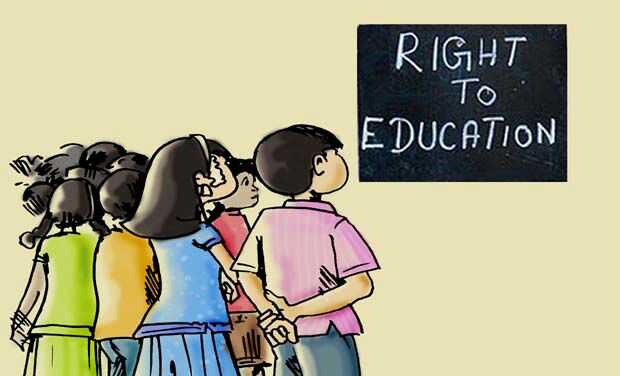
RTE Act & Its Impact on Nursery Admissions
Introduction
The Right to Education (RTE) Act, 2009, is a landmark law in India that ensures free and compulsory education for children aged 6 to 14 years. However, its provisions have also significantly impacted nursery admissions, particularly through the 25% reservation for children from Economically Weaker Sections (EWS) and Disadvantaged Groups (DG) in private unaided schools. This article explores the key aspects of the RTE Act and how it influences nursery admissions in India.
Understanding the RTE Act
The Right to Education (RTE) Act, 2009, aims to make education a fundamental right for every child. Some of its key provisions include:
Free and compulsory education for children between 6 and 14 years.
25% reservation in private unaided schools for children from EWS/DG categories.
No capitation fees, interviews, or screening tests for admissions.
The government reimburses private schools for EWS/DG students’ education.
Prohibition of physical punishment and mental harassment of students.
While the Act primarily focuses on children from Class 1 and above, many states, including Delhi, have extended its provisions to nursery admissions as well.
Impact of the RTE Act on Nursery Admissions
- 25% Reservation for EWS/DG Students
Private unaided schools must reserve 25% of total seats for children from EWS/DG categories.
This enables underprivileged children to access quality education in private institutions.
Schools receive financial reimbursement from the government for each admitted child.
- Centralized Admission Process
The nursery admission process for EWS/DG students is conducted through a lottery system.
Parents must apply through the government portal to be considered for admission.
Schools cannot reject students selected under the RTE quota.
- No Discrimination in Education
Schools must provide the same facilities, curriculum, and teaching standards to RTE quota students.
Discrimination against EWS/DG students is strictly prohibited.
- Increased Access to Quality Education
The RTE reservation allows economically weaker families to enroll their children in top private schools.
This helps bridge the gap between public and private school education.
- Challenges in Implementation
Some private schools hesitate to admit EWS students or create unnecessary hurdles.
Many parents struggle with documentation requirements for admission.
Schools often complain about delayed government reimbursements.
Conclusion
The RTE Act has played a significant role in transforming nursery admissions in private schools by ensuring that children from weaker sections get access to quality education. However, better implementation, awareness, and transparency are needed to make the system more effective and beneficial for both schools and students.
Call us @ 8700740358
www.delhinurseryschooladmission.com
